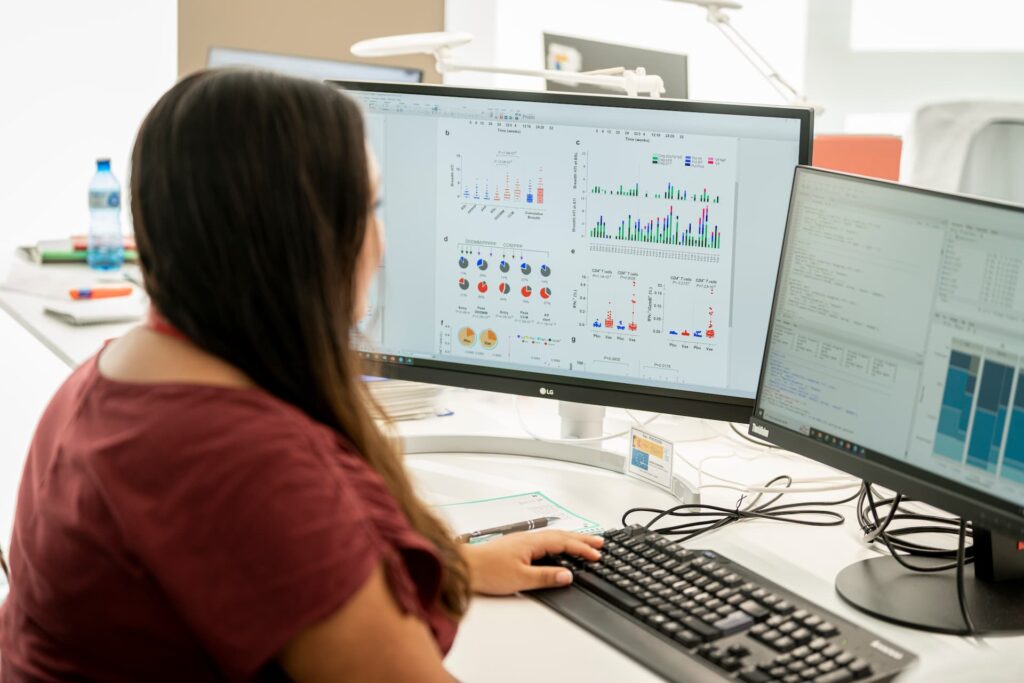What to know before starting as a volunteer in a study?
We understand that deciding to participate in a study is a significant step. Below, you will find some essential questions that will help you make an informed decision:

On our platform, we bring together those who wish to help in scientific research with studies that test new treatments and therapies. Volunteers have the opportunity to benefit individually and be part of medical advancement.
Studies the efficacy and safety of a component or technique.
The main objective is to evaluate safety in humans and guide the most appropriate dosage and administration regimen.
Measures efficacy and establishes the optimal dose to achieve the desired response.
Evaluates effectiveness and side effects compared to a control group.
Evaluates unassessed aspects such as rare side effects or interactions in post-marketing.

Both the participant and the research team know the treatment being administered to the participant.

The participant does not know the treatment group they belong to. However, the research team knows the treatments for each participant.

Neither the participants nor the research team know the treatment group assignments.
Searching for individuals who meet the study’s inclusion criteria (and do not meet any of the exclusion criteria).

Conducting visits, study procedures, and data collection according to the parameters defined in the protocol.
Conducting the last study visit for the last participant and closing the database where all information has been collected.

The decision to participate in a clinical study is personal and should be made voluntarily, without external pressure. Whether individuals are in good health or have a medical diagnosis, they should only get involved in clinical research if they feel well-informed and comfortable with the entire process.
The decision to participate in a clinical study is personal and should be made voluntarily, without external pressure. Whether individuals are in good health or have a medical diagnosis, they should only get involved in clinical research if they feel well-informed and comfortable with the entire process.
It is a key element in all clinical research as it ensures that individuals are fully informed about a research study they wish to participate in before agreeing to take part. Research team members explain the study details to each potential participant. They discuss the questions the study seeks to answer, the possible risks and benefits of participation, and the intervention being tested. They also explain what is expected of participants as part of the study. Only after individuals indicate that they fully understand these details can they freely decide to accept (or decline) participation. Participation in clinical research is always voluntary, and participants have the freedom to leave the study at any time.
We understand that deciding to participate in a study is a significant step. Below, you will find some essential questions that will help you make an informed decision:
